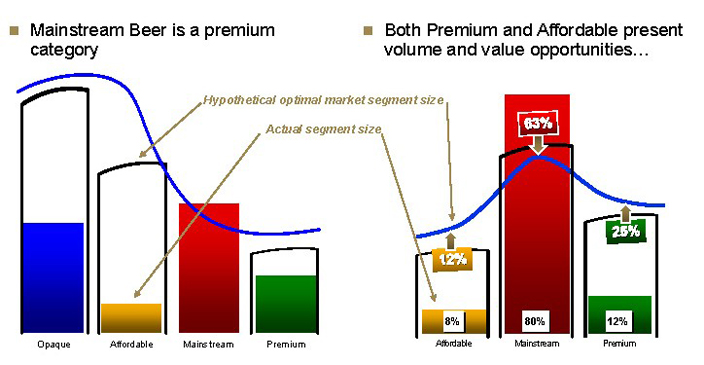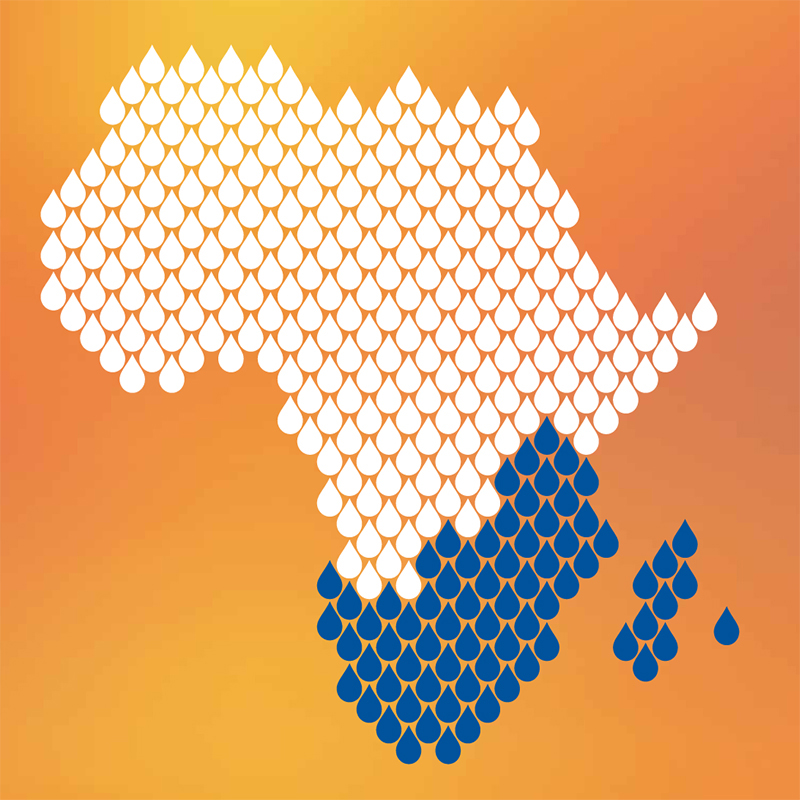Africa
“Double and half the price of beer and go farming!” That’s how Mark Bowman, President of SAB Miller Africa summed up his company’s strategy in Africa at an investor conference in Florida in February 2011. What could he have meant by this cryptic remark?
Africa
In case you are interested, bids have to be submitted in “wax-sealed envelopes to the privatisation agency before 28 March 2011.” Yep.
Africa
After several days of protest against President Mubarak’s regime, several large oil companies and other multinationals, Heineken among them, have shut down operations.
Africa
With the acquisition, Heineken will be assuming a controlling stake in Sona Breweries, IBBI, Benue Breweries, Life and Champion Breweries, which currently brew brands such as Goldberg, Williams Dark Ale and Malta Gold.
Africa
Wal-Mart’s USD 2.4 billion offer is the Arkansas-based company’s second biggest investment in more than a decade. In that time, Wal-Mart has grown its international revenue from virtually zero to a quarter of its annual USD 400 billion turnover (2009).
Africa
In December 2010 the boxing gloves were donned at KWV’s board because members were furious over the leak of information to the outside world about the possible takeover of the company, the company’s asset value and the fact that KWV executives had been in informal discussions with Halewood for the past 18 months without informing the board.
Market
The Republic of South Africa, prominently projected as a rainbow nation throughout the world football season, has done Africa proud. From the comfort of my living room I watched many of the Football World Cup matches. Not that I am a soccer fan. I just wanted to see for myself the century held presumptions and stereotypes about Africa dispersed. Jubilant African soccer fans put the prejudice to rest that the continent is all about woes, worries and what nots. And if it took the damned vuvuzelas’ incessant, monotonous, droning moan, which had millions of viewers and even players screaming for a little peace and quiet, to blast any remnant prejudgment out of our minds, so be it. Yes, Africa can. Now let them have a beer to that.
Africa
The stock market-listed Delta Corporation, in which SABMiller Africa now holds a 36 percent interest, had previously been a significant contributor to SABMiller’s Africa operations.
Africa
Since June, The Johannesburg-based company has been the home base to support all countries in Southern Africa, including Namibia, Botswana, Zimbabwe, Zambia, Malawi, Tanzania, Mozambique, Lesotho and Swaziland. Today, Sidel has a large installed base of more than 400 pieces of equipment in Southern Africa. This is a growing market in all types of beverage businesses, where Sidel is mainly involved in CSD, beer, and converters. According to Euromonitor, 3.5 billion liters of beer and 4 billion liters of CSD were consumed in South Africa in 2009. And even more importantly, forecasts for 2010 to 2014 are positive: the compound annual growth rate (CAGR) for beer is forecasted to be 5.4 percent, while for carbonated beverages it is expected to be 1.6 percent.
Africa
It was a shrewd move by SABMiller to buy Ethiopia’s water business Ambo from the Ethiopian government in 2008. Although SABMiller insisted on and got the majority stake (68%) in Ambo, the brewer also showed to its partner – the government – that it was not unwilling to share the ownership.



